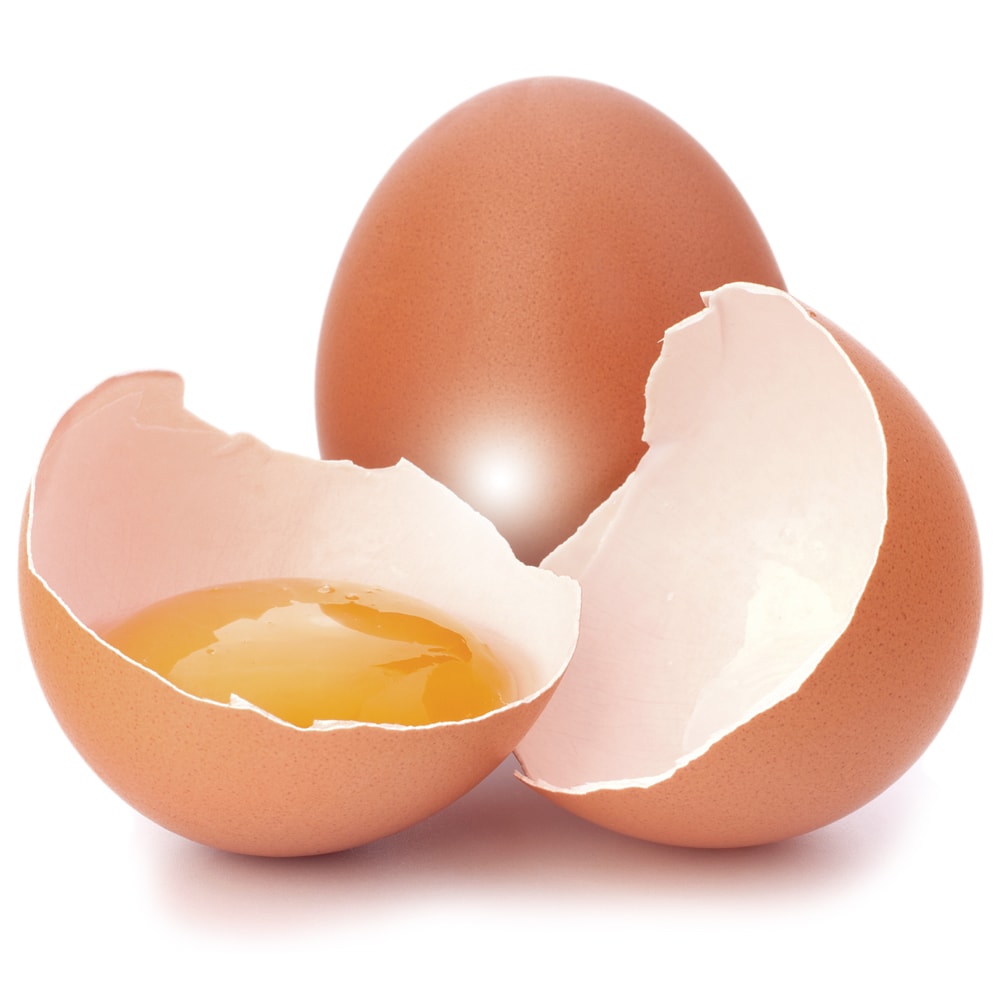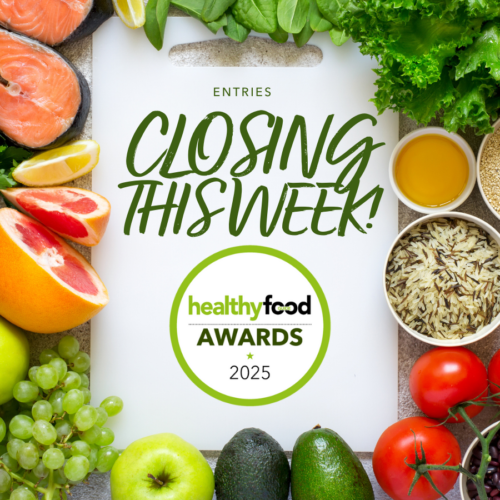
Eggs are a readily available, high-quality protein that contain more than 11 essential vitamins and minerals including folate, vitamin E, iron and iodine.
The Heart Foundation suggests most of us can eat up to seven eggs each week as part of a heart-healthy diet.
Cholesterol
In the past it was thought that eating foods high in cholesterol such as eggs would increase our blood cholesterol levels. However, research now shows it is foods high in saturated fat that we need to careful with.
Safety
The main health concern with eggs is the risk of salmonella food poisoning. The risk is low, but it is important to be careful when handling eggs, especially when raw. It’s best to cook them. A 2007 study by Environmental Science and Research found none of the 514 eggs tested had salmonella present inside the egg, but nine (1.9 per cent) had it on the shell. Pregnant women are advised to cook eggs well and not to eat them raw (they’re in foods such as mayonnaise and some smoothies).
Chicken eggs
The shell colour depends on the breed of the hen and the yolk colour is dependent on her diet. The yolk contains the fat and almost half the protein and the white contains the rest of the protein as well as riboflavin. Egg sizes vary from 40-80g.
Other eggs
Duck eggs look like chicken eggs but are bigger with a thicker shell, firmer whites and creamier yolks. Quail eggs are smaller with speckled shells and taste very similar to chicken eggs.
How to select and store eggs
Always open cartons before buying and if any eggs are cracked or have droppings or feathers on the shell, don’t buy them. Eggs last longer in the fridge than in the pantry.
Tip
Place an egg in a bowl of water. If it sinks or is near the bottom of the bowl, it’s fresh; if it floats to the top, throw it away.
Did you know?
The blood spots sometimes found in eggs are caused by the rupture of a blood vessel on the yolk surface during formation of the egg. They don’t indicate a fertile egg and are fine to eat.
www.healthyfood.com










